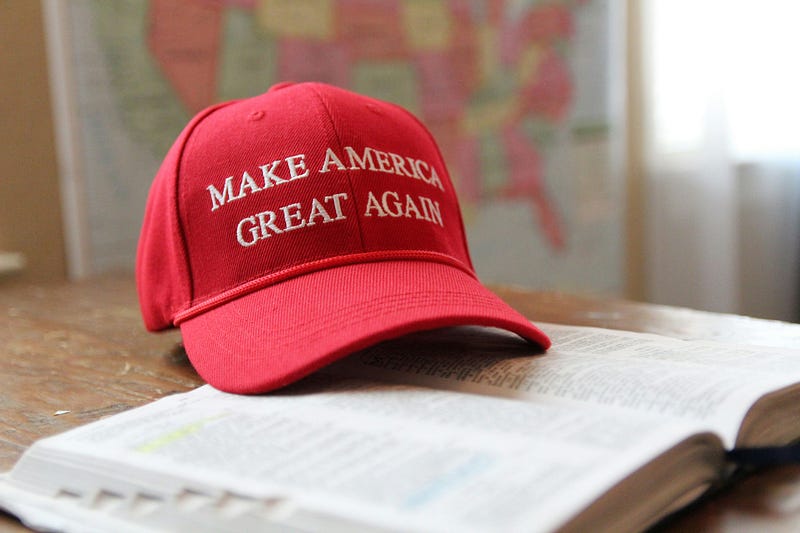The Influence of Moral Values on Voting Behavior in Elections
Written on
Understanding the Intersection of Morality and Voting
Examining the reasons behind voting decisions reveals a compelling link to our moral convictions. Jonathan Haidt's Moral Foundations Theory (MFT) provides critical insights into this subject by classifying our moral values into two primary categories: “universalist” values, centered on justice, rights, and fairness for all, and “communal” values, which highlight loyalty, community, and tradition, pertinent to specific groups or relationships.

The Impact of Communal Values on Electoral Results
The significance of communal values can greatly affect election outcomes. This influence is particularly strong in communities that prioritize traditional ties and loyalty. A candidate's political success often relies on their ability to resonate with these communal or moral values, which can serve as a critical factor in electoral contests.
The Relationship Between Morality and Voting Choices
Recent studies offer a fresh perspective on voting behavior, suggesting that voters tend to favor candidates whose moral frameworks mirror their own. This analysis considers both how politicians convey their moral values (“supply” side) and how voters react to these messages (“demand” side). Instruments such as the Moral Foundations Questionnaire (MFQ) and the Moral Foundations Dictionary (MFD) are crucial for navigating these moral terrains.
Insights from Recent Research
Research outcomes reveal a distinct moral dichotomy between Democrats and Republicans, particularly evident during the 2016 presidential election. This polarization of moral values—universalist versus communal—significantly influences voting behaviors. For instance, a preference for universalist values is linked to a decreased likelihood of supporting candidates with a communal focus, such as Donald Trump in 2016.
Wider Consequences of Moral Value Shifts
The implications of these findings extend beyond individual elections, providing a framework for understanding how changes in moral values can shape broader electoral trends. The research indicates that alterations in moral values, whether stemming from genuine shifts or selective migration, can have significant repercussions on voting behaviors and party affiliations.
Concluding Thoughts: The Role of Morality in Political Dynamics
This investigation into the connection between moral values and voting behavior highlights the essential function of morality in political decision-making. As we navigate the complexities of political landscapes, insights from Moral Foundations Theory serve as a valuable perspective to explore the intricate relationship between our moral convictions and political choices.
This analysis not only enhances our comprehension of voter behavior but also underscores the necessity for political dialogue that resonates with the diverse moral values of the electorate.
Chapter 1: Moral Foundations Theory Explained
The first video titled "170. Moral Foundations Theory | THUNK" provides an overview of how moral foundations influence our political choices, offering further insights into the theory.
Chapter 2: Understanding Political Polarization
The second video titled "The Forum: The Moral Psychology of Political Polarization: Many Causes and a Few Possible Responses" explores the complex factors contributing to political polarization and the implications for our moral beliefs.